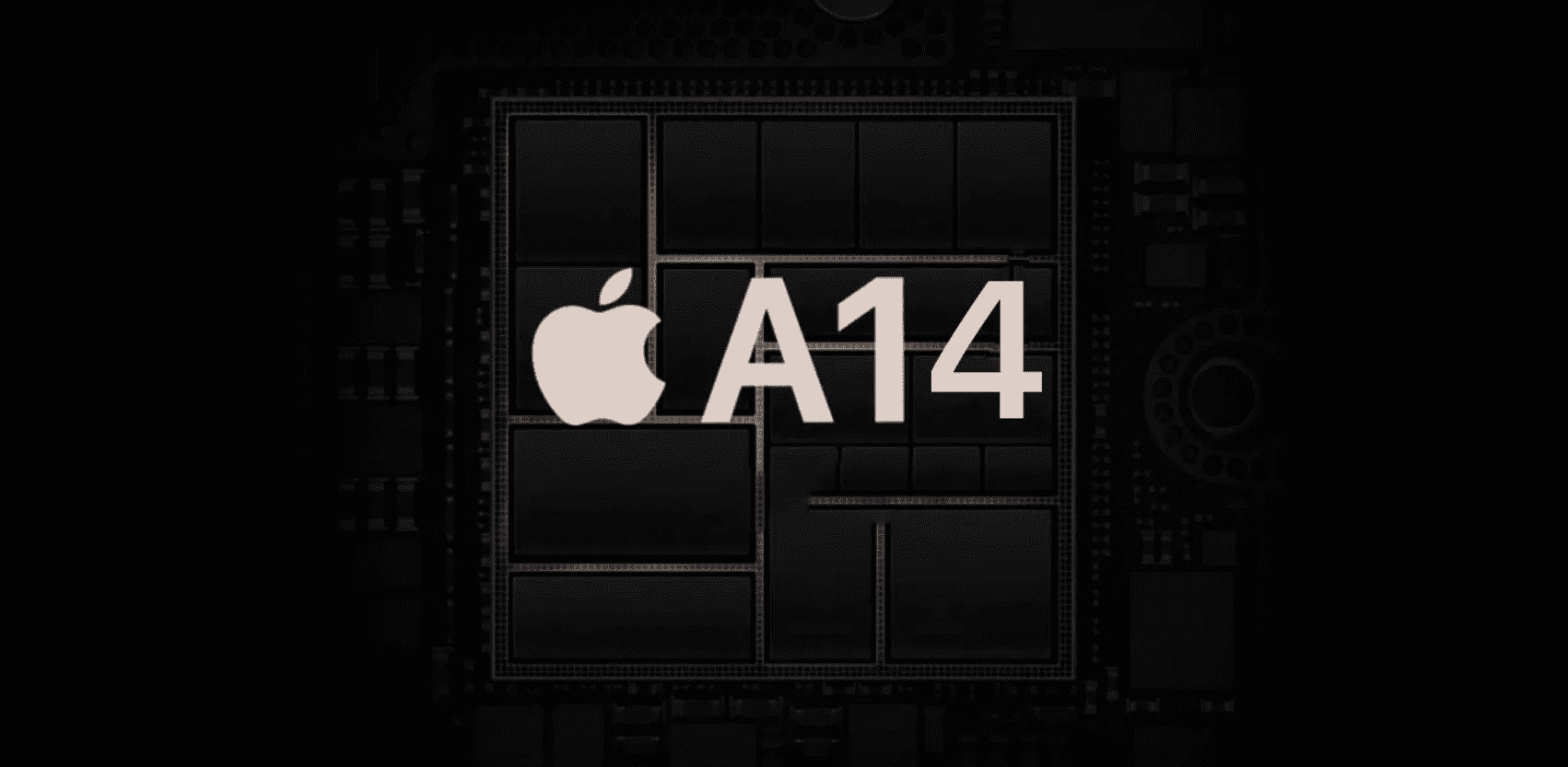Qualcomm has officially showcased benchmarks for its new flagship Snapdragon 888 processor, which is expected to power top-of-the-line Android devices in 2021. The benchmarks, while respectable, show that the Snapdragon 888 lags behind Apple’s A13 and A14 processors.
As first detailed by AnandTech, the Snapdragon 888 chip earned a single-core score of 1,135 and a multi-core score of 3,794 in Geekbench 5 testing. The iPhone 12 Pro, which is powered by Apple’s A14 chip, scored 1,603 in single-core testing and 4,187 in multi-core testing.
As for the iPhone 11 Pro powered by the A13 chip, it scored 1,331 in single-core testing and 3,366 in multi-core testing. Thus, the Snapdragon 888 is actually able to best the A13 in multi-core testing, albeit just slightly.
Finally, Qualcomm also shared benchmark results from graphics testing using GFXBench. Here, the Snapdragon 888 recorded 86 frames-per-second, which places it behind the iPhone SE, iPhone 11 Series, and iPhone 12 series. That being said, Anandtech does note that the Snapdragon 888 could come out on top depending on power consumption:
While the Snapdragon 888 doesn’t look like it’ll match the peak performance scores of the A13 or A14 SoCs used in Apple’s iPhones, sustained performance will depend quite a bit on the power consumption of the chip. If this lands in at between 4 and 4.5W, then the majority of flagship Android phones in 2021 will likely be able to sustain this peak performance figure and allow Qualcomm to regain the mobile performance crown from Apple. Otherwise if the chip has to significantly throttle, then 888 will probably fall short of retaking the crown.
These benchmarks are further indications that Apple’s A-series chips are incredibly powerful in comparison to the rest of the competition. It’s particularly notable to see the A13 chip still holding its own compared to the flagship Android processors.
Something else to consider, however, is that the Snapdragon 888 does represent a significant improvement over its predecessors. In fact, CPU performance has increased by 25% this year, while GPU performance is up by 35%.

